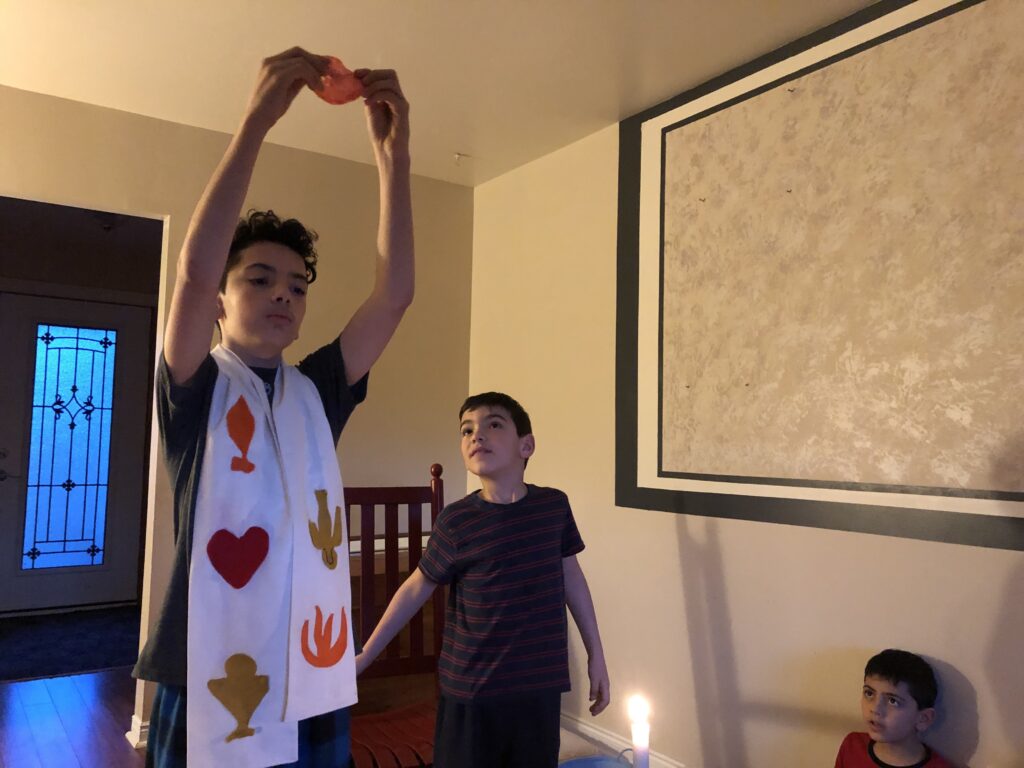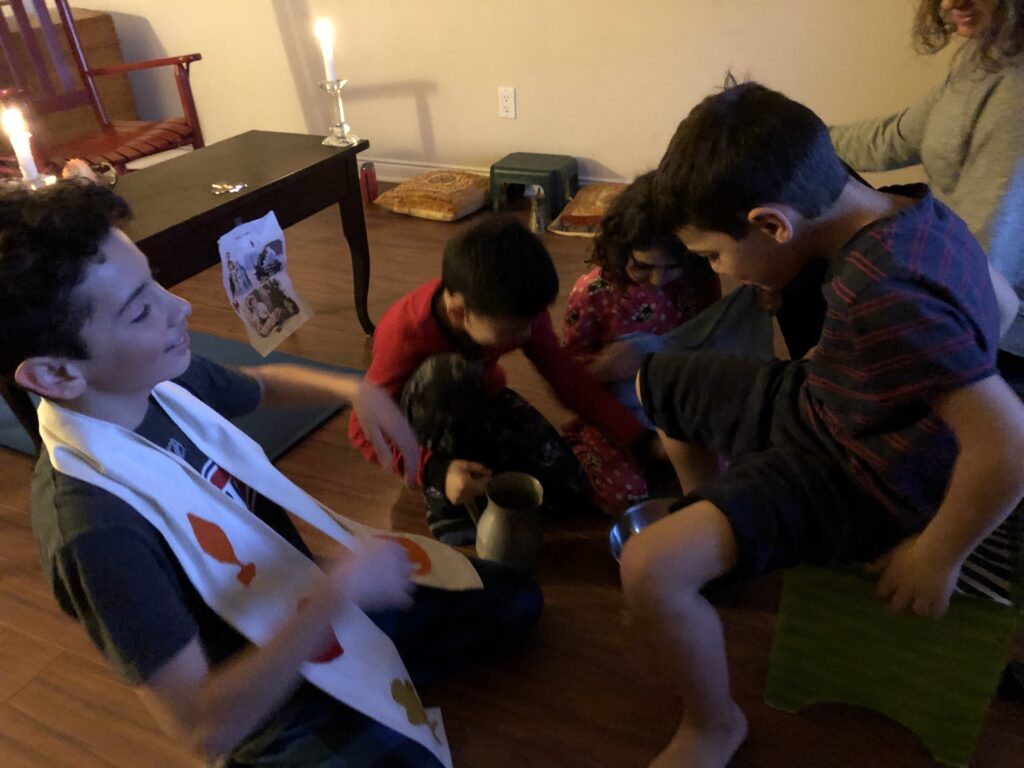- Email
- Phone(866) 788-3902 / (416) 275-2151
- Address366 Adelaide St. East, #337
Toronto, Ontario
M5A 3X9


Rearing Rebels (Episode 7): Gamification
Though we don’t talk about it much, we all know there is a science and psychology behind slot machines, games of gambling, lotteries and the like. That’s been known for years. Similarly, there’s a science, and now big business, around how to program applications (smart phone or other media apps) so that they “reel people in” to whatever they’ve consuming. The end game for many of these organizations: keep people’s eyeballs, maintain attention or gather personal data so that it can then be resold to a willing and thirsty advertiser.

I could write about this for hours but, alas, I’m on deck to make waffles for the family. More efficiently, I strongly recommend you watch The Social Dilemma. Watch it and then discuss it with your loved ones. The sad reality of what you see and experience in that documentary is very similar to what I’ve lived in my life. From PR to social media — many of our modern fields of practice are being used to create dependencies and perceived deficiencies (in people) that are monetized by other persons. It’s a mercantile world out there driven often by an insatiable appetite for money.
So why the rant? What’s the point? It’s simple. I encourage all adults and adults-to-be to be aware of the science of methods of persuasive communication. In the documentary, they remind us that increasingly there are sophisticated, high-level programs at leading universities that focus on persuasive communication techniques – and that these are feeding persons with great talent to work on getting to our kids, our families etc. to create these perceived dependencies or deficiencies – which lead to consumption or large investments of (oft-times) wasted time or bad habits.
In the marketing realm, gamification is defined in this way: (excerpt from Gamify.com)
Gamification is the application of game-design elements and game principles in non-game contexts. It can also be defined as a set of activities and processes to solve problems by using or applying the characteristics of game elements.
At home, here are some of the activities/techniques we’ve implemented over the years that most closely resemble this area of marketing:
PERFORMANCE CHARTS: charts or points tables, posted to the wall, that document how well our children are doing in areas like “Chores”, “Kind Words”, “Helping another” etc.
TRIVIA: random games of trivia at the dinner table – often regarding topics of faith (be it 10 commandments, Beatitudes, lives of saints etc.
RANDOM BIBLE PASSAGE: passing around the Bible, and inviting a child to select a random page and random passage — and reading it to see how it can move us (the living Word of God always has something to teach or inspire us!)
MASS THEATRE: gathering props to role-play a nice Mass, complete with grandfather’s cane, red garments for someone to act as a Cardinal, crazy choir etc. Lots of fun!

Special mock Mass at home – Holy Week 2020.
